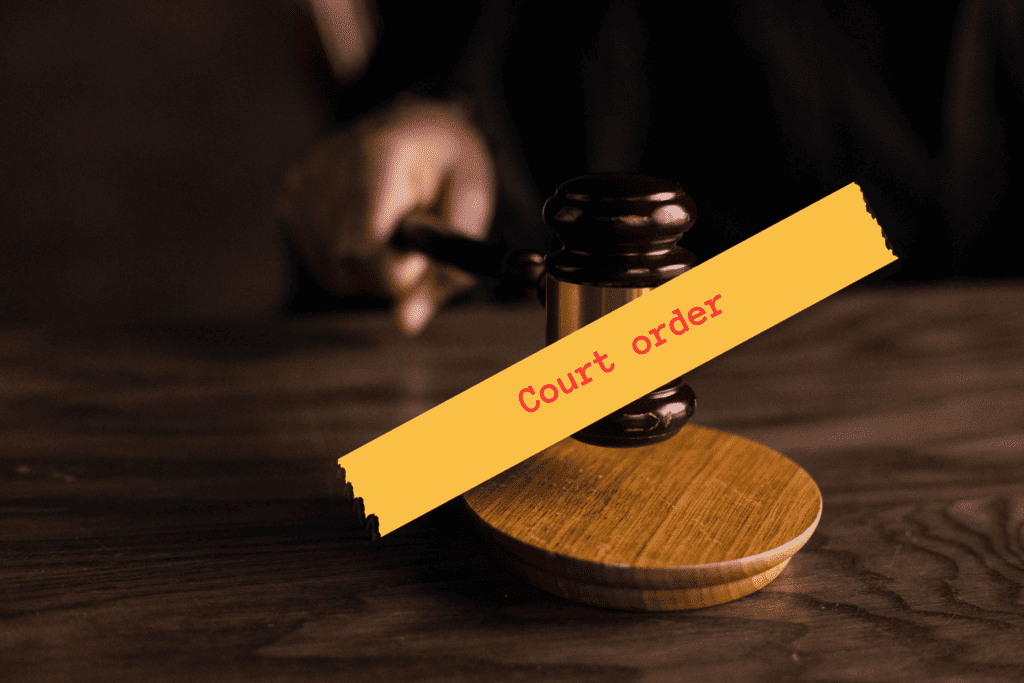
A party who files a bankruptcy proceeding is called the “debtor.” A party who is, or claims to be owed money by the Debtor is called a “creditor” (whether or not the Debtor agrees that money is owed).
When a bankruptcy case is filed, the “Automatic Stay” immediately goes into effect. This is a court order which prohibits any creditor from:
Starting or continuing with any lawsuit or other legal action to collect any debt from the Debtor,
Enforcing any judgment against the debtor.
Taking or putting a lien on any property of the debtor or
Any other action to collect a debt from the debtor. 11 U.S. Code Sec. 362.
One reason for this rule is that if a debtor has any non-exempt property or assets (meaning assets with a value over and above the amount which Debtor is allowed to keep), those assets should be collected under the supervision of the Bankruptcy Court, and distributed to creditors in an orderly fashion – rather than one creditor having an advantage over other creditors.
A creditor who violates the stay may be found in contempt of court and may be ordered to pay a fine and attorney fees.
In our experience, it is rare that a creditor intentionally violates the Automatic Stay. Unintentional violations sometimes happen, but normally when a creditor becomes aware of the bankruptcy filing, stops collection efforts immediately.
We recently had a case where a creditor violated the stay by taking assets from a debtor to collect a debt. The creditor refused to return the assets despite being notified of the bankruptcy. Our office filed a motion for contempt, which (surprisingly) the creditor ignored. The court issued a finding that the creditor violated the stay and set a later hearing to establish how much the creditor would pay. Before that hearing, the creditor woke up, contacted our office, and agreed to return the assets to the debtor and pay some of the attorney fees incurred by debtor.
